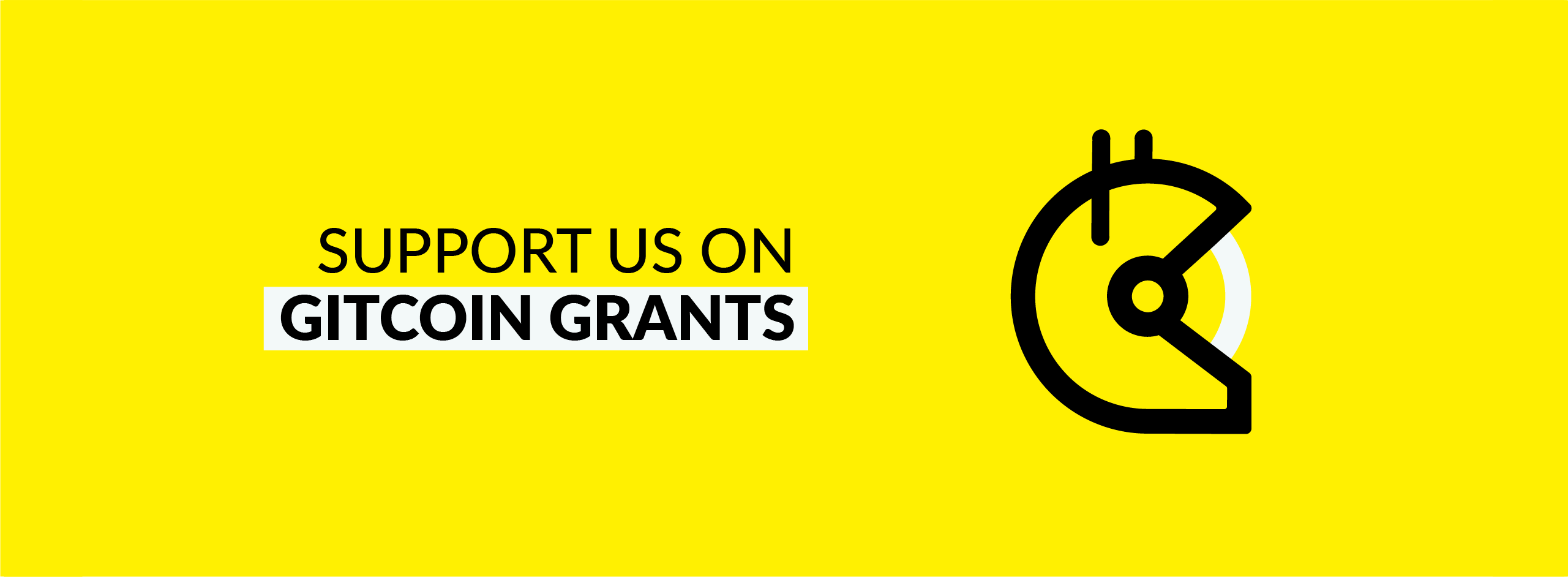StarkWare Releases Papyrus StarkNet Full Node
A new open-source Rust implementation of a StarkNet full nod
Quick Take
- StarkWare releases the Papyrus StarkNet full node.
- Lyra releases a primer for its Newport upgrade.
- Polygon schedules its Delhi hard fork.
- Core developers plan for the Capella upgrade.
This is our Trezor affiliate link.

Papyrus StarkNet Full Node Released
StarkWare released Papyrus, a new open-source Rust implementation of a StarkNet full node. Papyrus aims to increase throughput on StarkNet by improving Sequencer performance. The implementation features an efficient storage layer that requires Sequencers to maintain a local database instead of a cloud-based database.
Papyrus also interacts directly with the StarkNet state instead of using Merkle-Patricia paths. Sequencers can use Papyrus to sync with the state of StarkNet and access the chain’s history. Users will be able to query the state via StarkNet’s JSON-RPC in the future. Papyrus is the third full-node implementation followed by Pathfinder and Juno.

Lyra Releases Newport Upgrade Primer
Options AMM protocol Lyra released a primer for its Newport upgrade, which is set to improve capital efficiency. Currently, Lyra’s Market Maker Vaults’ (MMVs) execute hedge trades in order to maintain a delta-neutral strategy. Swap fees for every collateralization and hedging trade are paid for by the AMM, reducing LP yield.
Newport allows the MMVs to partially collateralize short positions with cash. It removes the need to swap to the base asset to collateralize and hedge. Using cash collateral also makes it possible to use perpetual as the collateralization and delta hedging instrument. Lyra is also working to integrate with GMX perpetuals on Arbitrum.

ACDC Call #101 Highlights
Ethereum developers launched withdrawal devnet 2 this week in preparation for the Capella upgrade. According to Marius, devnet 2 faced four bad blocks likely due to EthereumJS. Developers also launched the first withdrawal shadow fork on Sepolia and plan to launch a shadow fork on mainnet in the coming weeks.
Developers also discussed switching to Gwei and SimpleSerialize (SSZ) for withdrawals but did not reach a decision on making the change. Engine API updates have also been merged into the Shanghai specification. The next CL fork after Capella was also named Deneb. A call on withdrawals is scheduled for next Friday at 3 PM UTC.

Polygon PoS To Undergo Delhi Hard Fork
Polygon’s PoS chain is scheduled to undergo a hard fork at block height 38,189,056, which is targeted for January 17th at 7 PM UTC. If executed, the upgrade will reduce the sprint length from 64 to 16 blocks, which lowers the time it takes a block producer to verify transactions from 128 seconds to 32 seconds.
The goal is to reduce the frequency of block reorganizations on the chain. A chain reorganization occurs when multiple blocks are produced at the same time, resulting in a duplicate chain. Reorgs typically occur as a result of software bugs or an attack. Polygon also aims to smooth out gas spikes with the upgrade.

Superfluid Stream Accounting Tool & API
Superfluid released a Stream Accounting Tool, which allow users to export stream data into a .csv file that is compatible with popular accounting software. Superfluid also released a RESTful API that allows developers to fetch data through a single exposed endpoint. Superfluid is a streaming payments platform for managing on-chain salaries.

